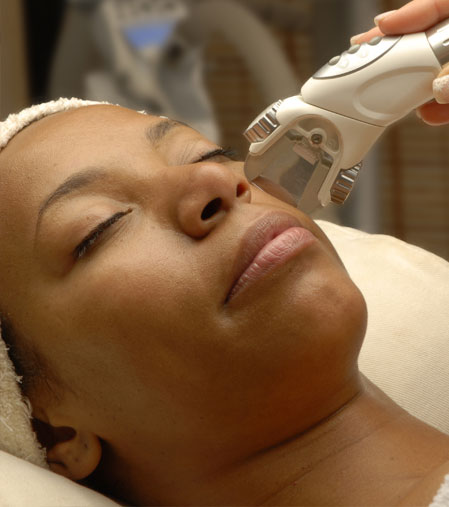The “Great Agglutination” of Medicine is Bad for All of Us

The NYT carries a great piece today that touches on a worrisome topic: the concentration of medical care.
“And consolidation is continuing. Professor Gaynor counts more than 1,000 hospital system mergers since the mid-1990s, often involving dozens of hospitals. In 2002 doctors owned about three in four physician practices. By 2008 more than half were owned by hospitals.”
However, in nearly all cases the prices paid by insurance companies for the same services increased after the mergers. Moreover, Porter cites data that post-merger quality may decrease, the number of uninsured may increase and innovation may be stifled.
What does this mean for smaller, independent practices and hospitals?
First, smaller medical practices and insurance companies need to realize that both parties win if we preserve competition. Payers (insurance companies) need to ensure their policies do not add to the already high administrative burden faced by all medical practices. Contracts should be freely granted to new practice applicants to ensure that competition remains high.
Second, regulatory bodies need to take a hard look at the hospital-centric nature of modern medicine. Payers and regulators need to look at equalizing payment across inpatient and outpatient settings for the same procedures. This will go a long way to forcing procedures out of ambulatory surgical centers and hospitals and back into physicians offices where they can be performed with equal quality for a fraction of the cost.
Third, physicians need to train young physicians to become physician leaders who are adept at both the practice and business of medicine. There is a lack of training in medical school and residency in the financial and managerial aspects of running a medical group. This discourages young, entreprenurial physicians from either pursuing leadership/management roles in smaller medical groups or striking out on their own in practice. We must reverse this trend. If we do not then we will have nobody to blame when non-MD MBAs are ordering us around.


